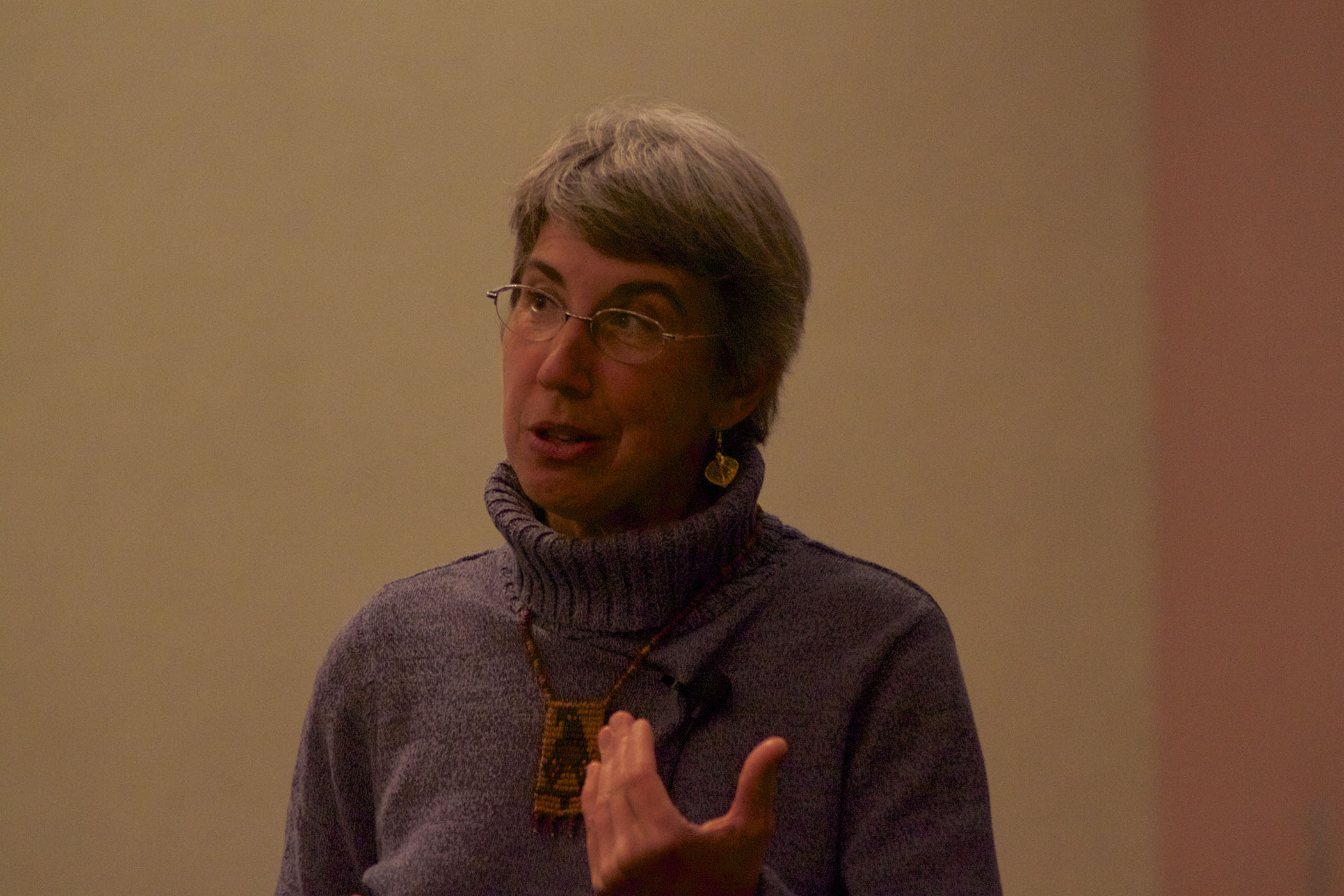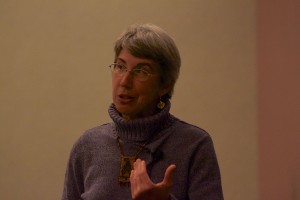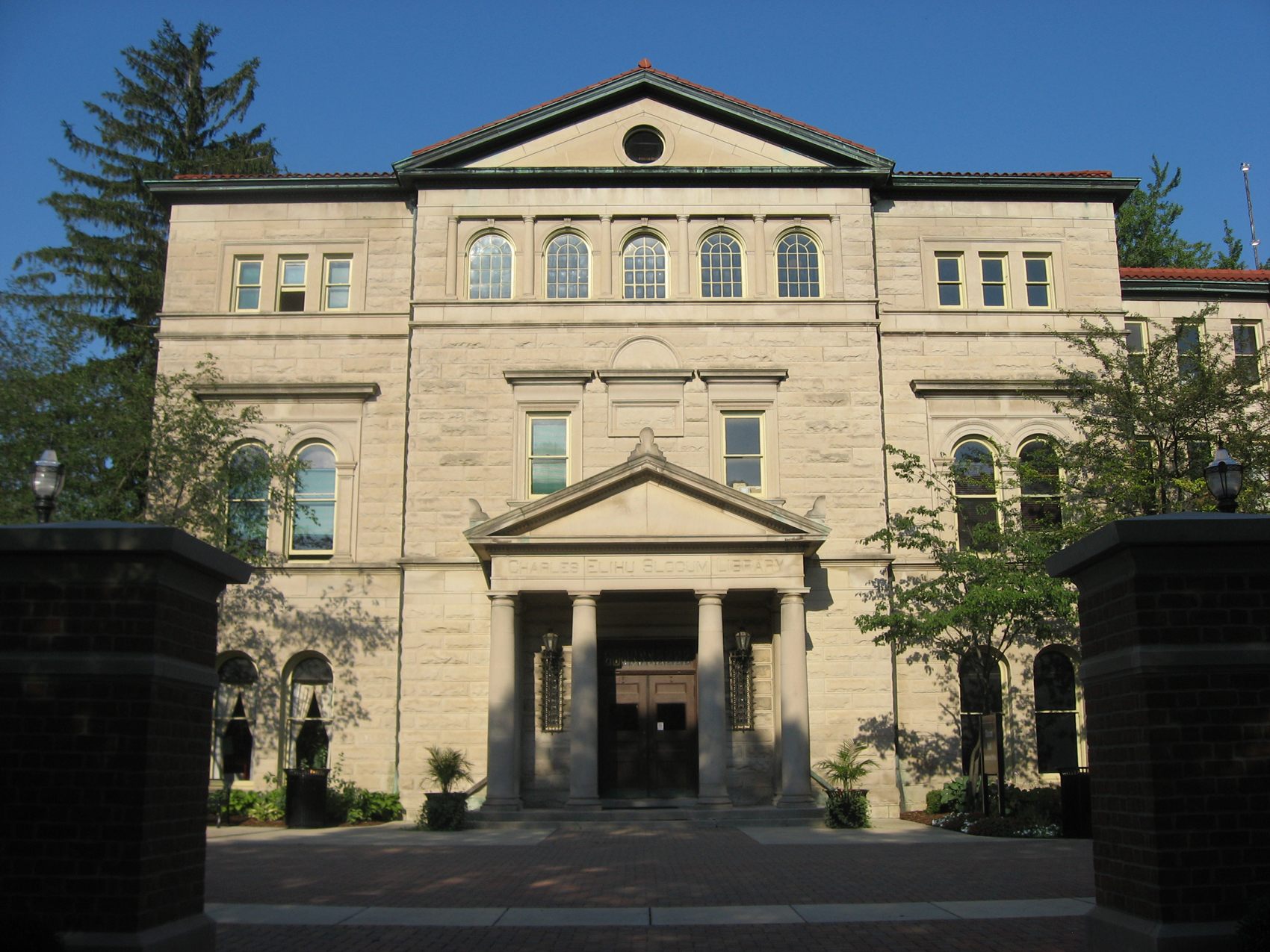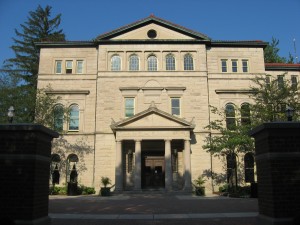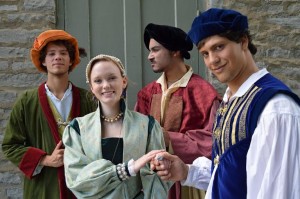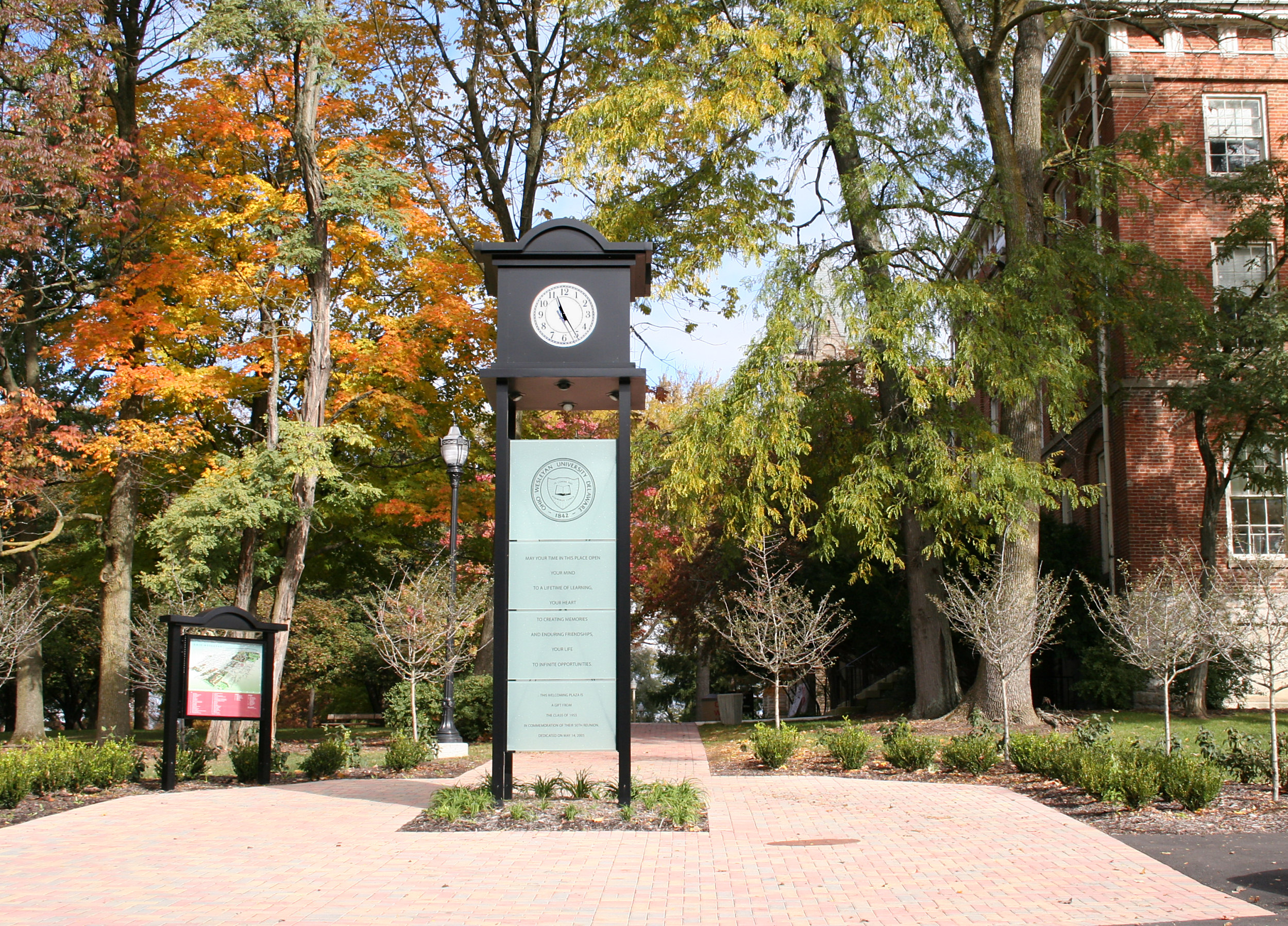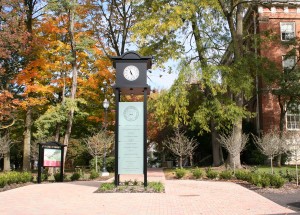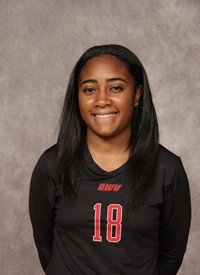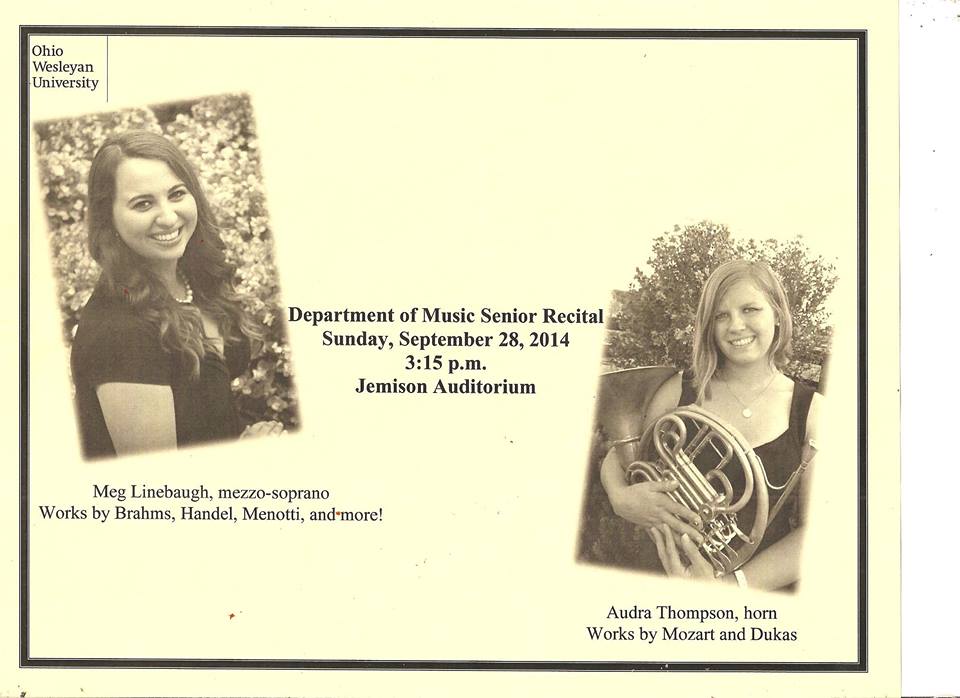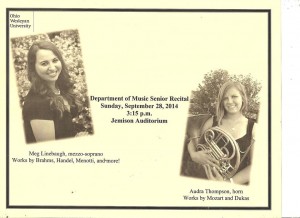
Online courses could be the future of Ohio Wesleyan’s curriculum. This month, a faculty focus group assembled to assess the idea, focusing on the fact that offering this additional course structure could provide revenue for the university.
The ability to take courses online would only apply to the summer school sessions. According to Provost Chuck Steinmetz, the principle advantage in online summer courses is that OWU could take them without the additional cost of housing and loss of income from a summer job.
“I don’t think our goal would be to generate more revenue as much as make it easier for students to complete their degree in four years,” he said.
Steinmetz said there is interest among the faculty on hybrid learning, which would allow classes to incorporate both online and in-class participation, and some professors on campus have already begun offering hybrid classes during the academic year. Online summer courses are designed to enhance the experience of OWU students needing to catch up on course work.
“My goal in offering on-line courses in the summer would be to help students who have fallen behind in their academic plan and allow students to complete more than one major during their four year period,” Steinmetz said. “This is consistent with our philosophy behind offering the summer school option.”
According to Richard Leavy, professor of psychology, this would allow students who, for a variety of reasons, cannot come to campus for classes to “benefit from our knowledge and pay for the privilege.”
Since online courses require little infrastructure from the university, “the cost of offering them may be rather little,” he said. “The number of people registering for an online course could conceivably be greater than in one of our classroom courses, so on balance, it would be financially beneficial, although it depends on how much the student pays and how many enroll.”
Online classes are not unique, but they would usher in a new era for the university. Large state schools have been offering internet-based distance learning as an education option for years. In fact, beginning in the early 2000s, it was possible to earn an entire degree online. However, Denison, Oberlin, Wittenberg, Kenyon, Wooster – have yet to incorporate these types of classes into their program.
However, according to President Rock Jones, technology is reshaping much of American higher education.
“Technology has changed every aspect of the way we communicate and the way we gather information and grow our knowledge base,” he said.
Students and faculty alike seem torn between the pros and cons of online courses.
“In general, I agree with those who say that we should focus on doing what we do best: provide an excellent educational experience in the classroom,” said Lynette Carpenter, professor of English.
“We have a strong faculty of classroom teachers, and those kinds of teaching skills don’t necessarily translate into good online teaching.”
Leavy agreed stating quality as his main concern.
“If the knowledge gained by students is the same, if faculty members derive the same outcomes including: pay, student relationships, and their own intellectual growth from offering online courses, there is no appreciable downside,” he said.
“What I don’t know is how to insure such a level of quality.”
Ohio Wesleyan students currently have the option of taking online courses from other institutions and transferring the credits – a process junior Bridget McQuaide described as “a huge hassle.”
In this respect, students would benefit from having the option to take OWU sanctioned online courses. According to Jones, introducing online courses as an option for students wishing to take classes over the summer is also an option.
“Some have suggested the benefit of summer course offerings utilizing technology so that students can complete OWU coursework while participating in internships, completing undergraduate research, offering volunteer service, or engaged in other important activities while scattered across the country and around the world in the summer,” he said.
McQuaide added she believes this option would provide opportunities for students to take courses over the summer who are at risk of not graduating on time and need to re-take a class from home.
The main concern related to online courses is that the format could detract from the OWU experience.
“I believe that the OWU experience includes the personal treatment with faculty, the residential halls communities and other aspects that would be missed through online classes,” said junior Lautaro Cabrera, who has taken online courses in the past and said he had difficulty finding them engaging.
Both Leavy and Carpenter said, while they believe their courses could be translated to the online platform, they are hesitant to do so.
“I’m not motivated to transform them into online courses,” Carpenter said.
“I’m still working to improve my ability to stimulate good in-class discussions and devise good active learning opportunities, especially through group problem solving.”
While the idea of offering online courses is still in it’s infancy, Jones said he believes it deserves full consideration.
“I remain convinced that the residential liberal arts experiences finds its greatest value in the direct interaction among students and between students and their teachers,” he said.
“Technology can support that fundamental interaction, but it cannot replace it.
“Ohio Wesleyan has the opportunity to explore innovative ways for utilizing technology to enhance teaching and learning on our campus, and I am eager to see where the conversation leads.”


